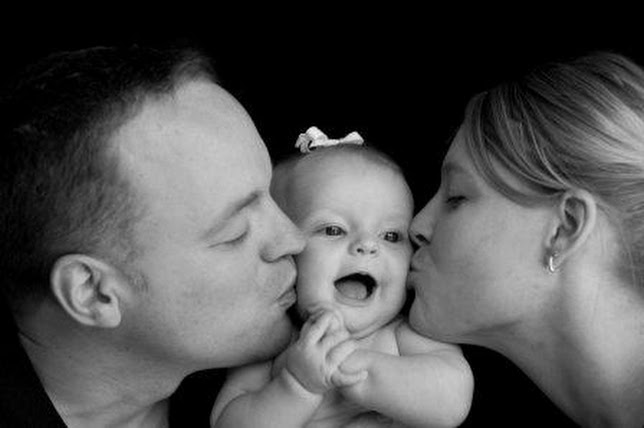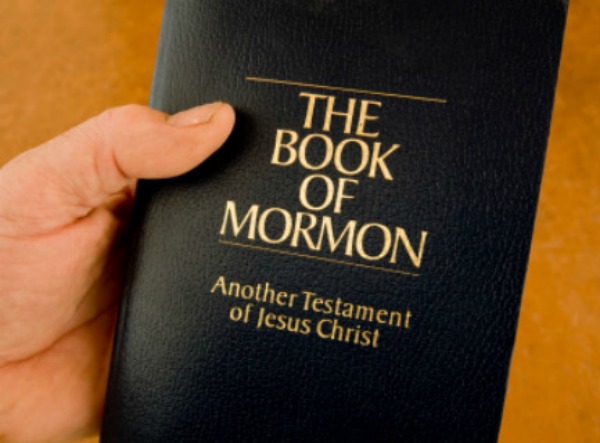Question
Gramps,
If an unmarried couple has a baby, was that baby less valiant in the premortal world?
Gael
Answer
Gael,
The doctrine of pre-mortal life is rooted in the belief that all human beings existed as spirits before their earthly birth. According to the scriptures, particularly in the Book of Abraham, we learn that we were organized as intelligences and that some were chosen to be leaders based on their worthiness and valiance in the pre-mortal realm. Abraham 3:22-23 states, “Now the Lord had shown unto me, Abraham, the intelligences that were organized before the world was; and among all these there were many of the noble and great ones; and God saw these souls that they were good.
This scripture suggests that our pre-mortal actions and choices significantly influence our mortal lives. The idea that we were “noble and great” implies that we had the potential to fulfill divine purposes on Earth. However, the question arises: did we have to do something specific to qualify for being born into a covenant family?
Being “born in the covenant” refers to individuals born to parents who have been sealed in the temple, thus establishing a family unit that is recognized in the eyes of God. This status is often viewed as a blessing, providing a spiritual advantage in the journey of mortality. However, the teachings of the Church suggest that the circumstances of our birth—whether in the covenant or not—do not necessarily reflect our pre-mortal worthiness or valiance.
President Ezra Taft Benson emphasized that our generation is marked by significant expectations from God, stating, “God has held you in reserve to make your appearance in the final days before the second coming of the Lord” (The Teachings of Ezra Taft Benson*. Salt Lake City, UT: Bookcraft 1988). This perspective suggests that regardless of our birth circumstances, we have a divine purpose and potential to fulfill in this life.
One of the most critical aspects of Latter-day Saint theology is the concept of agency—the ability to choose. In the pre-mortal existence, spirits were allowed to choose to follow God’s plan. Doctrine and Covenants 138:55-56 states, “I observed that they were also among the noble and great ones who were chosen in the beginning to be rulers in the Church of God.” This indicates that our choices in the pre-mortal life were instrumental in determining our roles and responsibilities in mortality.
However, it is essential to recognize that the trials and tribulations we face in this life are not necessarily punishments for our pre-mortal choices. For instance, individuals born into challenging circumstances, such as poverty or abuse, should not be judged as “less valiant” in the pre-mortal realm. The complexities of life are often a result of the agency of others and the inherent challenges of mortality.
The question of whether we chose our families in the pre-mortal life is a topic of much speculation. While there is no explicit scriptural reference confirming that we made specific pacts with family members, many members of The Church believe that relationships formed in the pre-mortal existence carry over into mortality. In an earlier response to a question about family arrangements, I noted that while there is no definitive scriptural evidence, the continuation of loving relationships from the pre-mortal world is a reasonable assumption.
This belief can provide comfort to those who experience familial challenges. It suggests that the relationships we have in this life may be part of a larger divine plan, even if we do not fully understand it. The idea that we may have chosen to come to Earth in specific family circumstances can help individuals find meaning in their struggles and foster a sense of purpose.
While the specifics of our pre-mortal choices remain largely unknown, it is clear that they have a significant impact on our mortal experiences. The teachings of the Church emphasize that our current circumstances are a result of our past actions, but they also stress the importance of focusing on our present choices and how we can serve God and others.
In the face of life’s challenges, it is crucial to remember that our worth is not determined by our birth circumstances. I want to reassure individuals struggling with feelings of inadequacy or suffering that their trials are not punishments for past actions. Instead, they are opportunities for growth and service. The focus should be on how we can be valiant in our current lives, regardless of our past.
For example, individuals who face significant hardships, such as those with disabilities or those who have experienced abuse, can still find ways to serve and uplift others. The story of Mother Teresa serves as a powerful reminder that one’s circumstances do not define their ability to make a difference in the world. Her life of service to the poor and needy exemplifies the idea that we can fulfill our divine purpose regardless of our starting point in life.
Ultimately, the journey of life is about learning, growing, and serving. While our pre-mortal existence may have laid the groundwork for our mortal experiences, it is our choices in this life that truly define us. The teachings of the Church encourage individuals to focus on their current actions and how they can contribute to the Lord’s work.
Related articles:
Is there revelation concerning family arrangements made in pre-mortality?
Did I do something terrible in the premortal world?
Gramps







